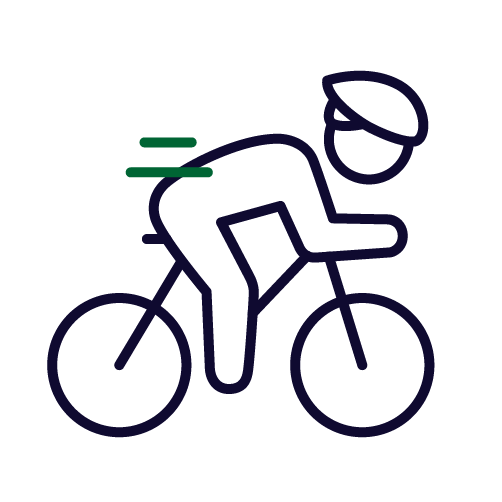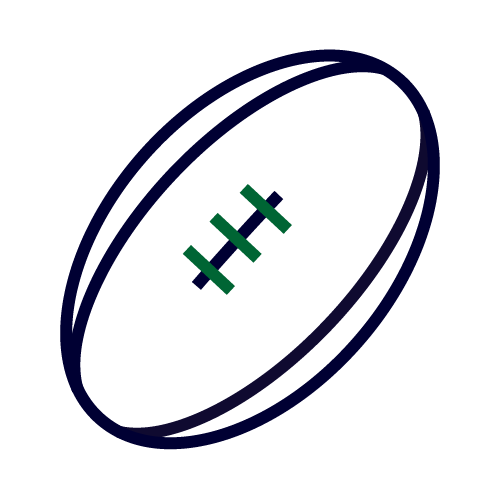EVIDENCE BASE FOR SPORT
Sport and Cultural Diversity
An estimated 28% of the Australian population were born overseas, and 23% speak a language other than English at home.
After English, the top five languages used at home were Mandarin (2.7%), Arabic (1.4%), Vietnamese (1.3%), Cantonese (1.2%), Punjabi (0.9%). 7
After English, the top five languages used at home were Mandarin (2.7%), Arabic (1.4%), Vietnamese (1.3%), Cantonese (1.2%), Punjabi (0.9%). 7
PARTICIPATION - 2018 to 2022
Estimated age group participation in sport-related activities at least once a week by LOTE Australians [aged 18+] 8
Estimated State/Territory participation in sport-related activities at least once a week by LOTE Australians [aged 18+] 10
- Australian Capital Territory - 27,000 (43%)
- New South Wales - 517,000 (38%)
- Northern Territory - 16,000 (40%)
- Queensland - 199,000 (45%)
- South Australia - 71,000 (37%)
- Tasmania - 14,000 (39%)
- Victoria - 395,000 (37%)
- Western Australia - 138,000 (41%)
Most popular sport-related activities for LOTE Australians (estimated participants) 10















Young Adult aged 18-24
Running/Athletics - 130,000
Football/Soccer - 78,000
Swimming - 76,000
Basketball - 75,000
Badminton - 37,000
Adult aged 25-54
Running/Athletics - 528,000
Swimming - 397,000
Cycling - 266,000
Football/Soccer - 192,000
Tennis - 121,000
Mature Adult aged 55+
Swimming - 81,000
Cycling - 60,000
Running/Athletics - 37,000
Golf - 25,000
Tennis - 19,000
References +
- Cultural Diversity Definition, O’Leary, J., Groutsis D., Diversity Council Australia, (26 June 2020).
- Welcoming Clubs, Welcoming Australia, (accessed 11 December 2023).
- Game Plan Resource Kit: Supporting cultural diversity in sports clubs, Centre for Multicultural Youth, (2015).
- Creating welcoming, equitable spaces for new Canadians in sport, Veronica Allan, SIRCuit, (13 March 2023).
- The Value and Benefits of Sport, Clearinghouse for Sport, (accessed 11 December 2023).
- PM&C Inclusion and Diversity Strategy 2023-26, Department of the Prime Minister and Cabinet, (accessed 11 December 2023).
- Cultural diversity of Australia, Australian Bureau of Statistics, (20 September 2022).
- AusPlay Data Portal: Sport-related participation – frequency of participation, Australian Sports Commission, (accessed 5 December 2023).
- AusPlay Data Portal: Non-playing roles, Australian Sports Commission, (accessed 5 December 2023).
- AusPlay Data Portal: Participation by activity, Australian Sports Commission, (accessed 5 December 2023).
Last updated: 06 March 2024
Content disclaimer: See Clearinghouse for Sport disclaimer
IS THIS INFORMATION COMPLETE?
The Clearinghouse for Sport is a sector-wide knowledge sharing initiative, and as such your contributions are encouraged and appreciated. If you would like to suggest a resource, submit a publication, or provide feedback on this topic, please contact us.
Alternatively, if you would like to be kept up to date with research and information published about this topic, please request a research profile setup.





